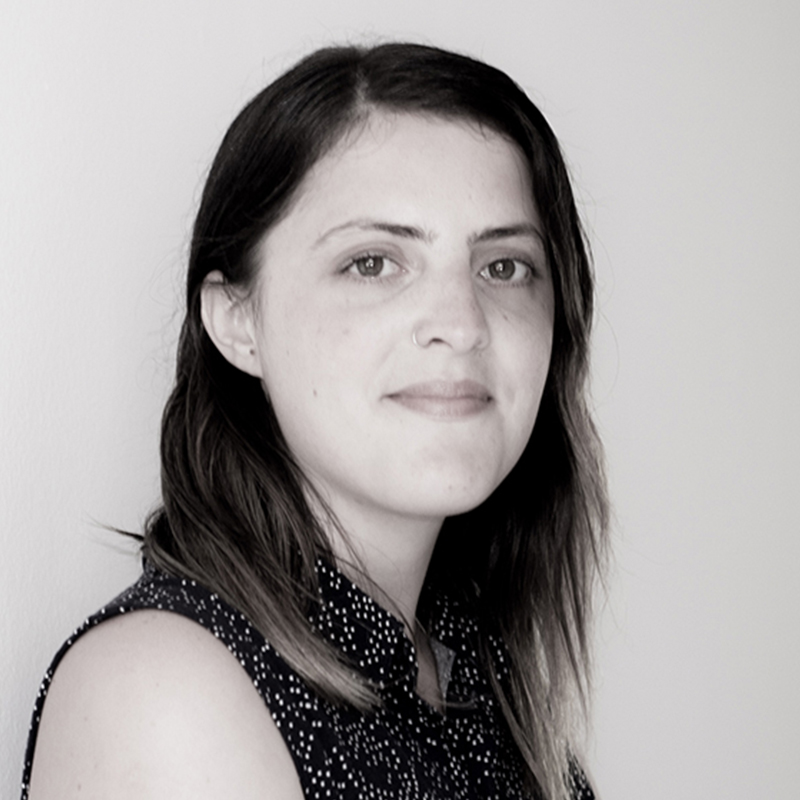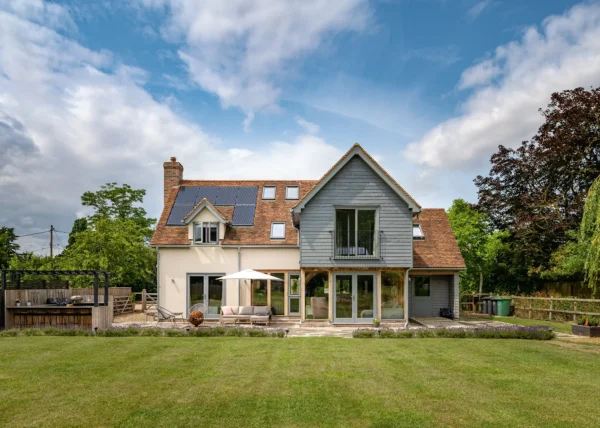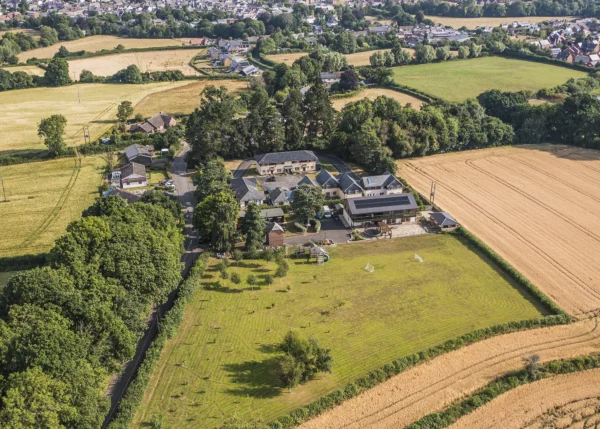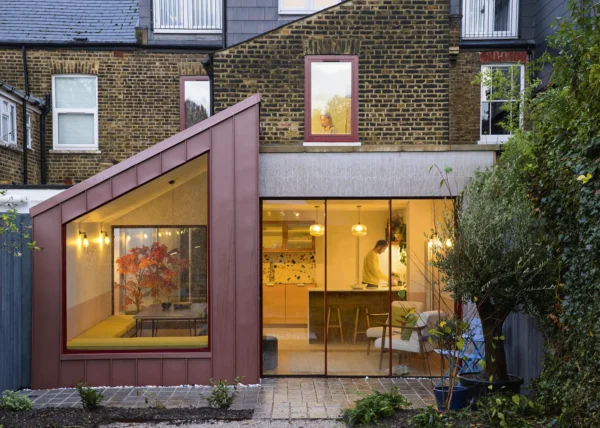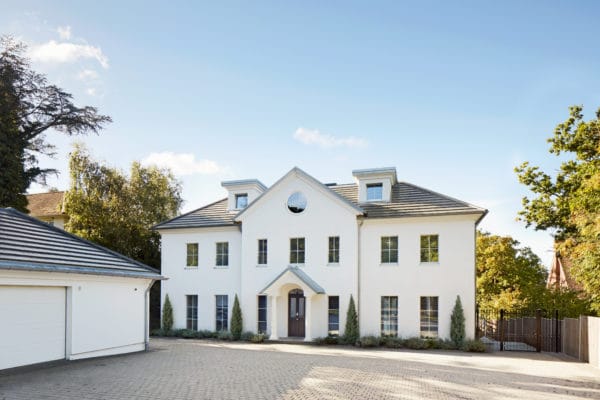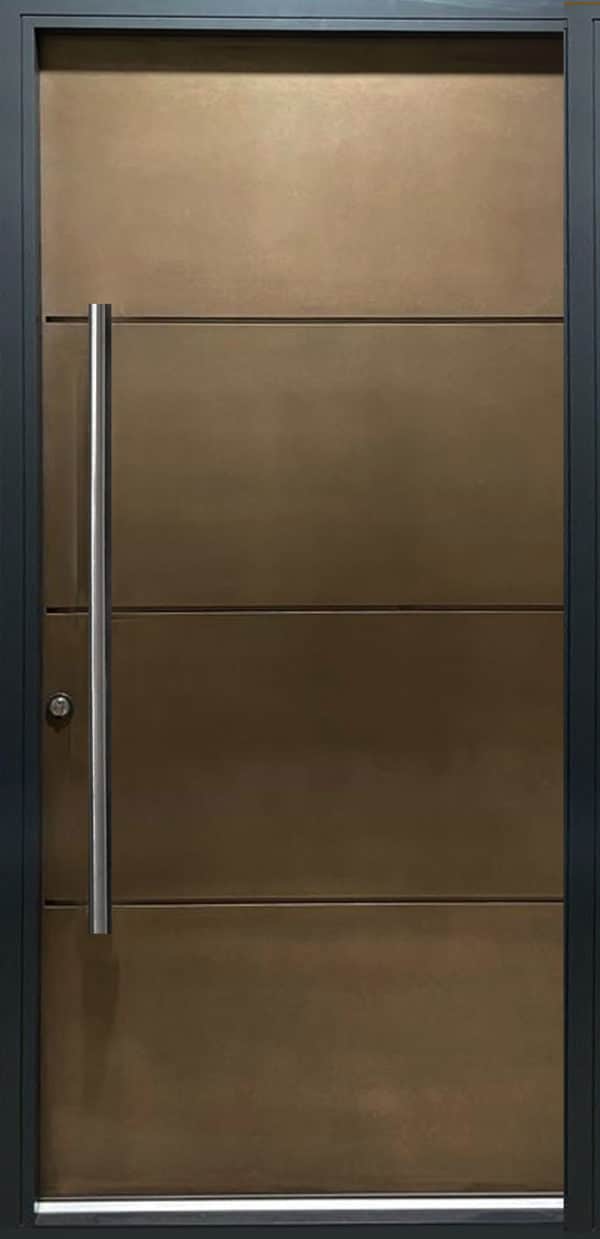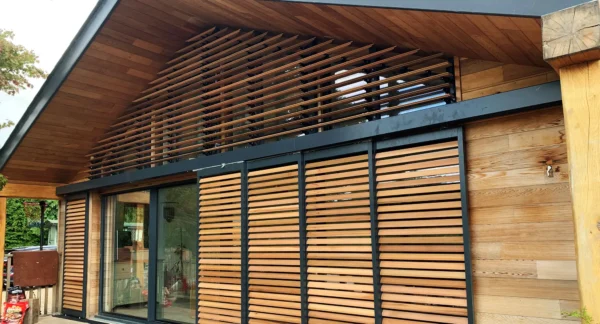Focus On: The Community Self Build Legacy in Lewisham
There are exciting times ahead for community self build and groups wishing to create their own homes.
Earlier this summer, NaCSBA’s Right to Build Taskforce offered free advise for groups looking to kick-start their project. Not long after, the Government announced the Community Housing Fund, a £163 million pot to aid community led housing schemes.
And it was in Lewisham that The Rural Urban Synthesis Society (RUSS) gained planing permission for the largest community self build project in London.
The scheme was conceived as a solution to the growing needs of Lewisham residents to access good quality, affordable homes. The site will include 33 properties and cost £8.6m to build, with construction expected to start in late 2018 or early 2019.
I talked to Ted Stevens, a group’s trustee, about the community’s journey and how Walter Segal’s self build legacy in the area has shaped the next generation approach to homes.
How did RUSS start and what is the group’s vision for the future?
Back in the 1980s, architect Walter Segal pioneered a self build method based on simple home designs that were functional to the residents and easy to construct. Two projects – of 10 houses each – were erected in the London Borough of Lewisham.
Some of the original residents still live there and it’s their children who have decided to follow in their parents’ footsteps and embark on a similar project to create the homes they need. RUSS started when Kareem Days – who grew up in Walters Way – got together with his friends to plan a self build community.
It was a learning curve for the original members to get to this point, as they’ve had to recruit people with the right skillset to move their project forward and be taken seriously by the authorities. The society now has more than 800 members and the board of trustees has a collective knowledge of law, finance, planning, construction etc.
What RUSS members want is to create sustainable and affordable neighbourhoods for residents to be truly involved with every decision. People who self build homes to fit their lifestyle will move house significantly less and therefore have a stronger sense of community.
Now that we have consent for this scheme, we hope it’ll be easier to set new ones in motion – we still have many volunteers keen to construct their own dwellings and change the housing landscape.
What sets the Church Grove project in south London apart from other initiatives in the city?
This community self build is an innovative approach to housing in which we are trying to build better homes – more spacious than the average properties churned out by big developers – that are truly sustainable and affordable.
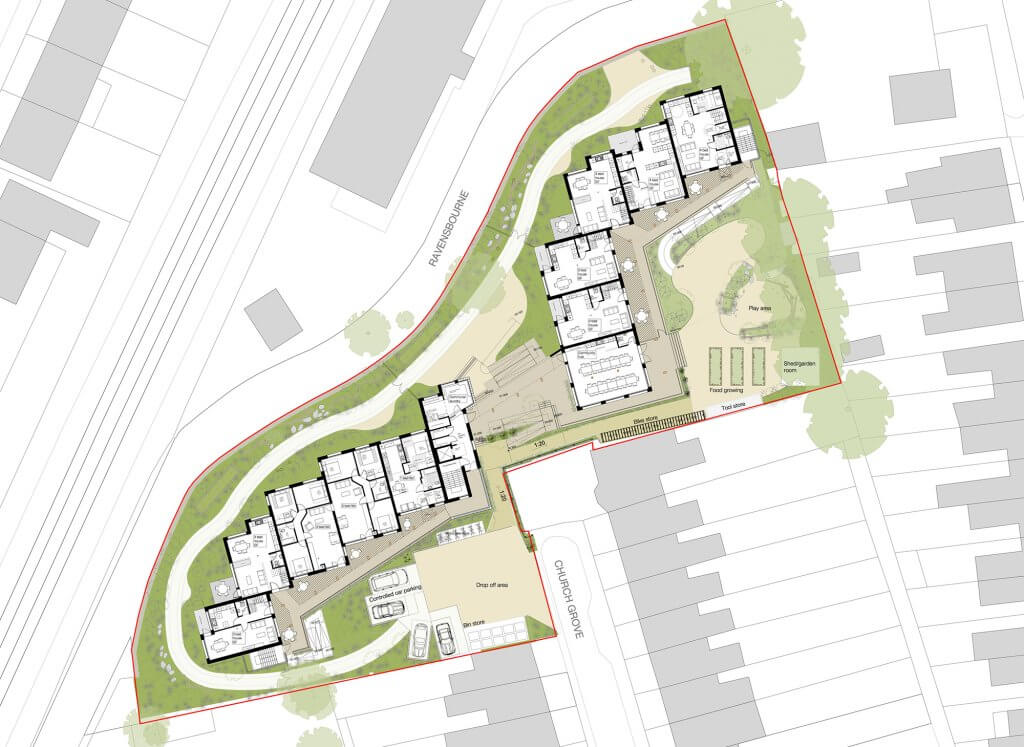
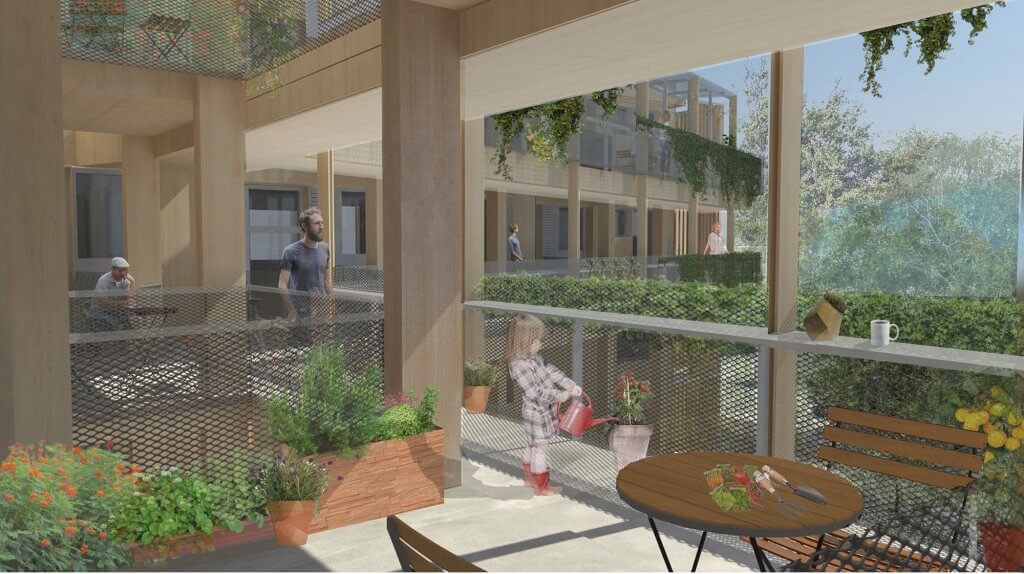
The allocated residents, all members of RUSS, have been heavily involved during the design stages with Architype and will also partake in key phases of the construction, which will help to bring costs down even further.
Lewisham council has leased the land to RUSS for 250 years at a nominal price and neighbours will build 33 homes of various sizes that will be acquired either as shared equity, shared ownership or rentals – both social and affordable. A few homes will be available for young people to house-share.
The main eligibility criteria are proven local connection – either people who have lived or worked in the area for a number of years – and a household income below £66,000.
What will be built by contractors and what are the key stages in which residents will take part?
A builder will be in charge of erecting the shells and will bring the structures up to watertight stage. Then, most likely, the group will collectively do the external cladding, communal areas and landscaping to help make the process more affordable. Residents will then fit out their homes according to their taste and needs. However, how this will pan out is still up for debate.
The group will have to sign contracts with set guidelines of how many working hours a week are needed and to ensure the project is up to certain standards. No one wants a botched job, and people buying properties will need a structural warranty to get a mortgage.
On the other hand, things have changed considerably since the community self builds of the 1980s, and there are strict health and safety guidelines and Building Regulations to comply with.
RUSS also gained planning consent to set up the Ladywell Self Build Community Space on site, which will be a training hub so that the residents are equipped with the right skills to take this project forward. We expect it’ll take two years from now until move-in date.
Do you have any must-read advice for people who want to start a community self build?
Find the people you want as your neighbours for the scheme and sign up, as a group, to your local Right to Build register.
Once you’ve registered, make sure you actively approach the council by talking to the planners and politicians in your area. They need to know who you are and that there’s a group wanting to make things happen.
Be clear about your intentions and why you want to create a community in that area, whether it’s made of residents of similar ages or with shared interests, and support your ideas by pointing to other examples such as RUSS or the cohousing schemes in Bristol.
Many groups take around five years to achieve a good rapport with their local authority, but if you’re proactive you can get to that stage in less than 12 months. The more prepared you are and professional you look, the more likely you are to get funding and permissions.
There’s no exact date yet, but RUSS will be running workshops for groups who want to kick-start similar schemes.
For more information about cohousing, community self building and RUSS initiatives visit www.theruss.org

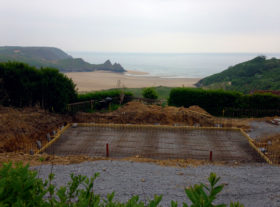


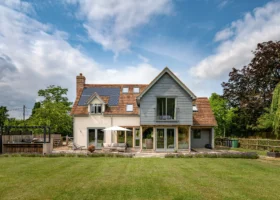
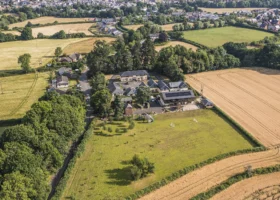

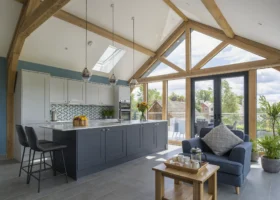
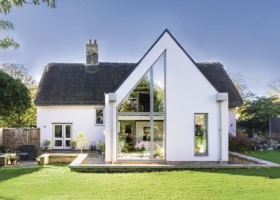
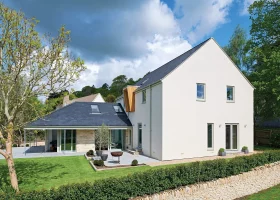
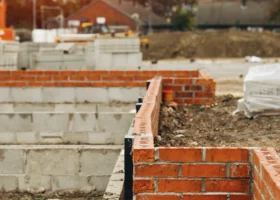
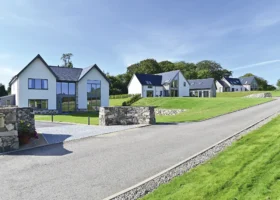

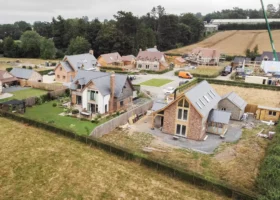
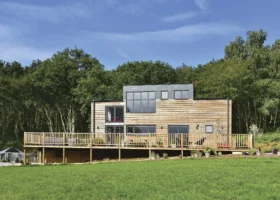

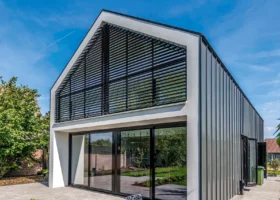

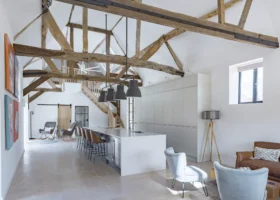
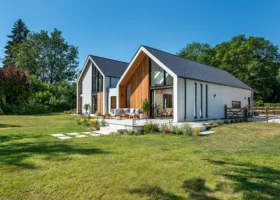
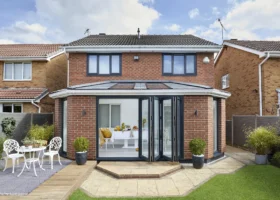
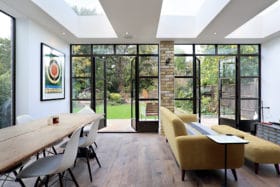
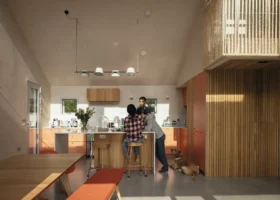
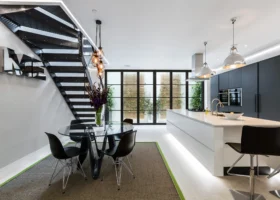




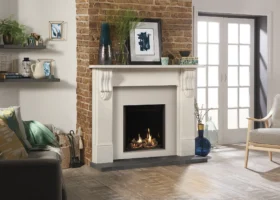









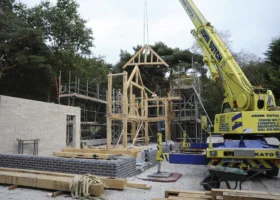
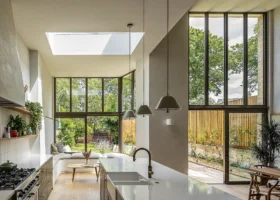

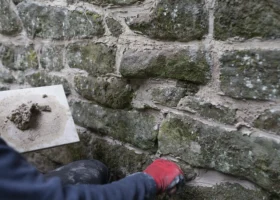
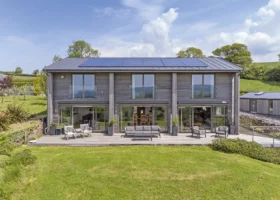

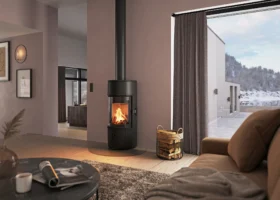
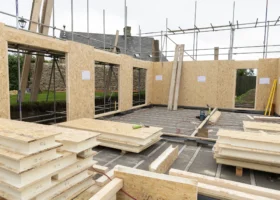
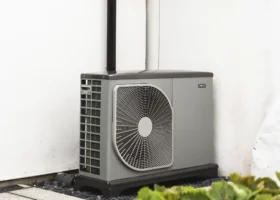
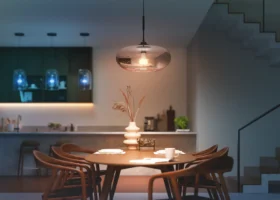
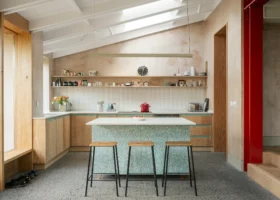

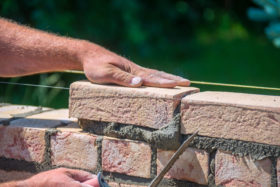
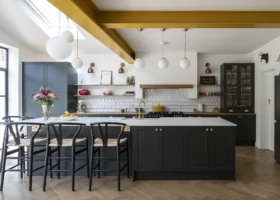
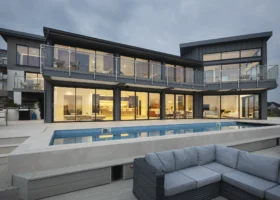

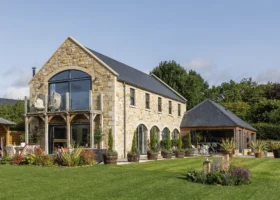
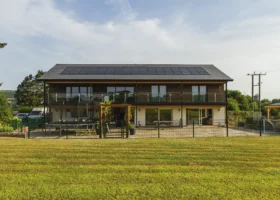
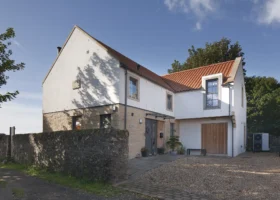


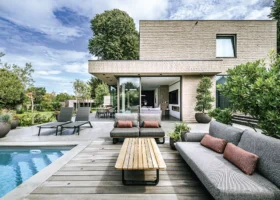
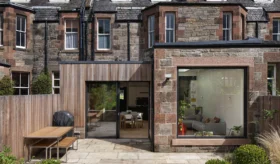
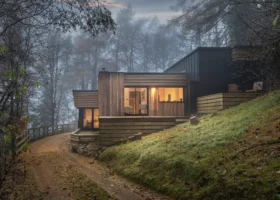


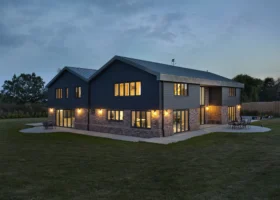





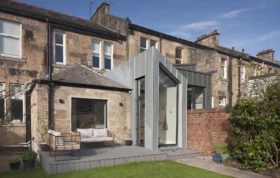














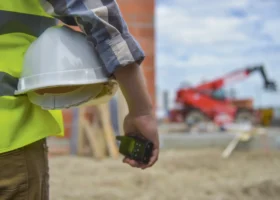


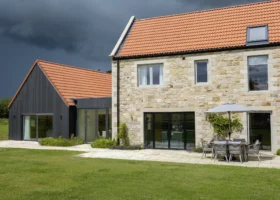
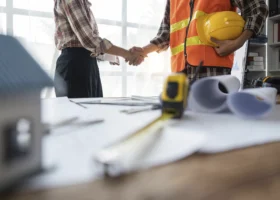

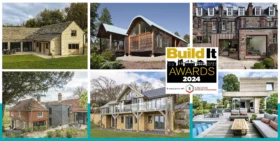
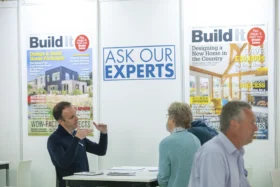







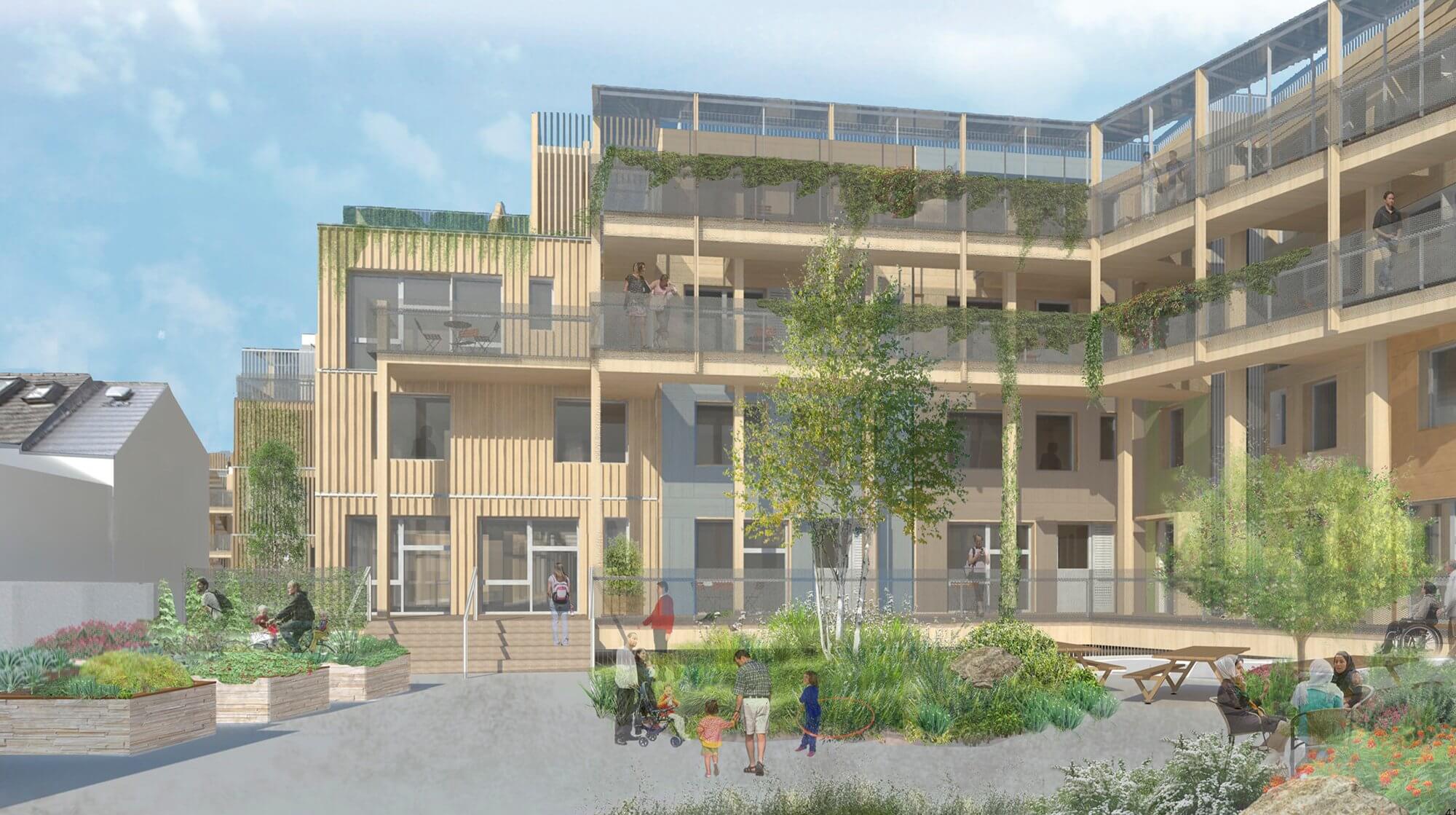
 Login/register to save Article for later
Login/register to save Article for later
